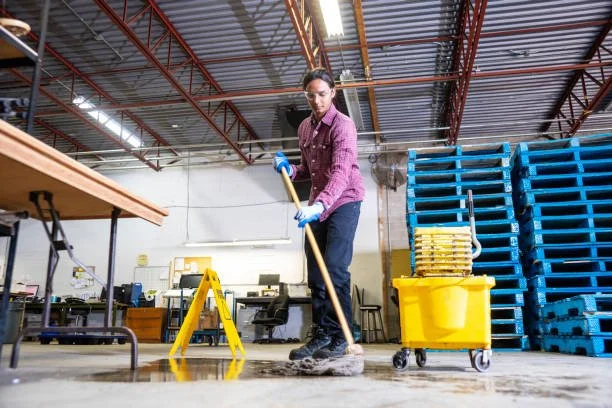Ready to order custom printed apparel but not sure which printing choice is best for your project?
Let Triple Stamp Press help you make that choice.
If you only need a few T-shirts, a print-on-demand shop might be the best option for you. Direct-to-garment printing (DTG) is a great choice if you only need between one and twenty custom printed apparel items. DTG uses an aqueous ink jet printer to print directly onto textiles, making it a cost effective way of producing custom apparel items one at a time. Keep in mind that the overall quality of the print is not going to be up to the same high standards as screen printing.
If you’re in the market for around twenty or more items, screen printing could be the better option for you. Play around with our online instant price calculator to get an idea of our different options, watch how the price per item goes down the more your order. Make sure to factor in any extra shirts you may want to have for yourself, or give away to friends and family. Padding your order with a few extra garments can save you a lot of money and headaches in the long run, possibly saving you from reordering just a few more from a DTG vendor later.
If you’ve determined screen printing is the best option for your project, you’ll want to know the difference between conventional plastisol and water-based ink screen printing.
Plastisol is typically made of a polyvinyl chloride (PVC) product, in a liquid plasticizer. When heated, the plastic particles absorb the plasticizer, causing them to swell and fuse together forming a viscous gel. Once cooled, it becomes a flexible, permanently plasticized solid product. It’s widely used in the screen printing industry, is much easier to work with than water-based inks, and the overall quality is much better and longer lasting than direct-to-garment printing. Plastisol printing results in a raised print on top of the garment, that can feel a little heavy or think to some people. Over time the ink can start to crack if not originally applied properly or with repeated washing.
Water-based inks produce a more durable, comfortable, and quality print by using a biodegradable pigment suspended in a water base. The pigment sets into the apparel, rather than laying on top, to produce a softer, more breathable garment that doesn’t crack. Often water-based inks are priced higher because it can be more difficult to setup and requires more drying time. Screen print shops that offer both often have a learning curve built into the price for water-based options. Because Triple Stamp press exclusively uses water-based inks, we are able to keep the cost in line with conventional plastisol printing.
Another factor you may also be considering is the health and environmental impacts of screen printing.
In recent years many large household brands have been moving towards requiring water-based inks. Patagonia, one of the most environmentally conscious brands, requires screen-printing companies to use inks that are PVC and phthalate free. Most water-based inks have also received Nike’s extremely rigid Restricted Substances List Certificate, met the Oeko-Tex Standard 100, and many colors have also been approved by Soil Association Certification Ltd. to the Global Organic Textile Standard (GOTS).
Unlike plastisol, water-based inks are free from polyvinyl chloride (PVC), lead, heavy metals, azo compounds, nonylphenol and cancer causing phthalates. Because water-based inks have passed the most rigorous industry tests regarding health and environment with superlative results, they are strongly recommended for all infant, toddler, and youth apparel. Water-based inks also do not contain ozone depleting chemicals such as CFCs, HCFCs, VOCs, or volatile solvents.
While the screen printing industry has been proactive in making new more environmentally-friendly cleaning products, conventional plastisol screen printing can still require toxic solvents like benzene, which has been linked with a higher risk of cancer such as leukemia and other cancers of blood cells. Recently the Center for Biological Diversity (CBD) have petitioned to classify discarded PVC as a hazardous waste under the Resource Conservation and Recovery Act (RCRA).
It is important to remember that while water-based inks are considered to be the most eco-friendly option, they are still a chemical compound. Proper handling and disposal methods are required to help minimize and properly dispose of any hazardous waste. Because Triple Stamp Press exclusively uses water-based inks, we’re able to use soy and citrus based cleaners, which are much safer and healthier for our employees and the environment.




